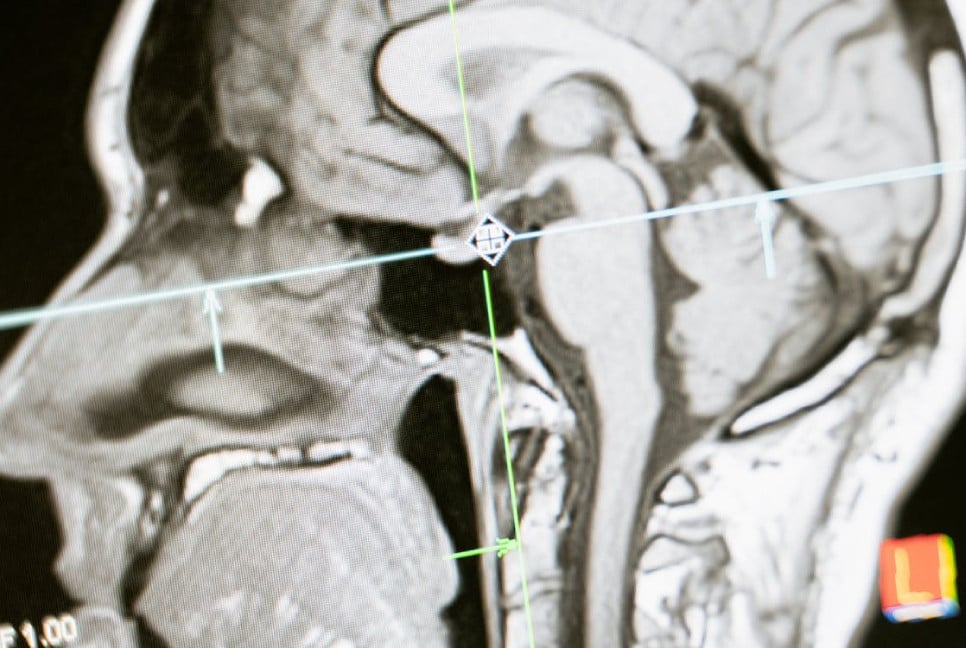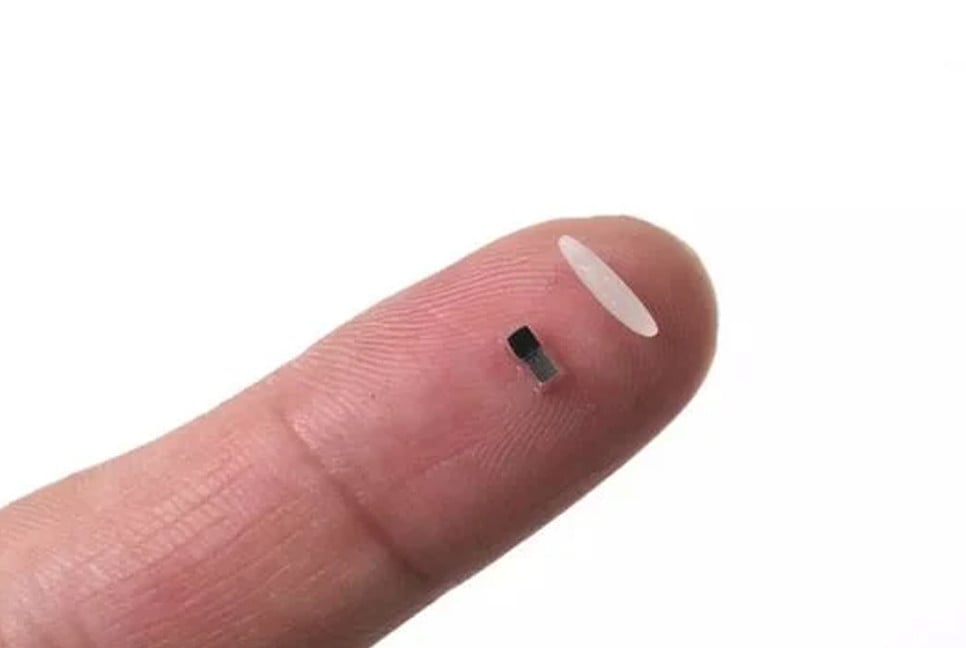Phthalates, synthetic chemicals found in common items like food packaging, personal care products, and toys, have been associated with irregular neurological development in infants.
Now, scientists may have discovered a biological pathway for how this phenomenon could occur. Researchers found that in utero exposure to phthalates is linked with altered metabolism of neurotransmitters and amino acids involved in brain maturation, according to a study published Wednesday in the journal Nature Communications.
The report is the first to use untargeted metabolomics — the study of all small molecules or metabolites in a biological system — to connect a mother’s phthalate exposure to a newborn’s metabolites, and those metabolites to neurological development, said senior study author Dr. Donghai Liang via email.
“This represents an important step forward in understanding how prenatal chemical exposures shape infant development at the molecular level,” added Liang, an associate professor of environmental health at Emory University’s Rollins School of Public Health in Atlanta.
First introduced in the 1920s, phthalates are used to make plastics softer and more flexible, primarily in polyvinyl chloride (PVC) products such as vinyl flooring, medical devices, children’s toys, food packaging or shower curtains. The chemicals also help lubricate substances and carry fragrances in various personal care products including deodorant; nail polish; perfumes; hair gels, sprays or shampoos; soaps; and body lotions.
Phthalates are also endocrine disruptors that have been linked to preterm birth, infant genital abnormalities, childhood obesity, asthma, cancer, cardiovascular issues, and low sperm count and testosterone in men.
“We conducted this study because phthalates are everywhere in our daily lives,” Liang said, hence their nickname “everywhere chemicals.”
A study conducted on mother-newborn pairs from the Atlanta African American Maternal-Child Cohort (2016-2018) found that prenatal exposure to phthalates, chemicals found in plastics, was linked to lower levels of key neurotransmitters and amino acids in both mothers and their babies.
The study measured eight phthalate metabolites in urine samples from 216 mothers during early pregnancy and 145 during later stages.
These phthalates were associated with lower levels of tyrosine, tryptophan, serotonin, and thyroxine, which are crucial for brain function, mood regulation, and overall health.
Lower levels of these compounds were also linked to poorer attention and excitability scores in newborns.
Experts, including Dr. Leonardo Trasande, highlighted the growing global use of phthalates and their significant health impact, estimating they cost the U.S. $250 billion annually. Despite this, the American Chemistry Council defended the use of high molecular weight phthalates like DIDP and DINP.
Experts are urging manufacturers and policymakers to take action to reduce exposure to phthalates and other harmful chemicals.
Dr. Susanne Brander advocates for banning phthalates due to their toxicity, even at low doses.
Dr. Leonardo Trasande warns that new plastic additives might be just as harmful and stresses that manufacturers should prove materials are safe before use.
To minimize exposure, people can use glass, stainless steel, or cast iron instead of plastic, avoid nonstick cookware, and avoid microwaving or dishwashing plastic items.
For personal care products, look for "phthalate-free" labels and check ingredients for DEP, DBP, or BBzP. Regular cleaning and improved air circulation can help reduce phthalate levels in household dust.
Source: CNN
Bd-pratidin English/ Afia



























































